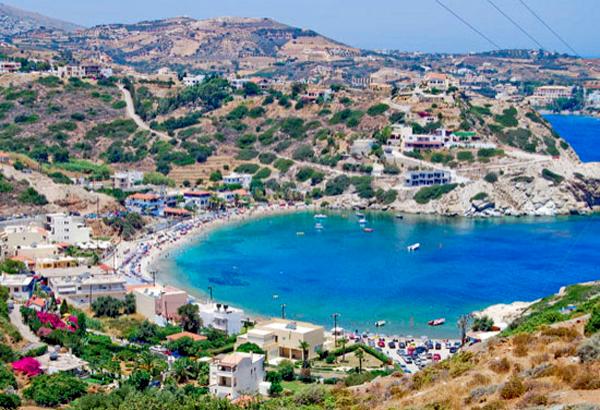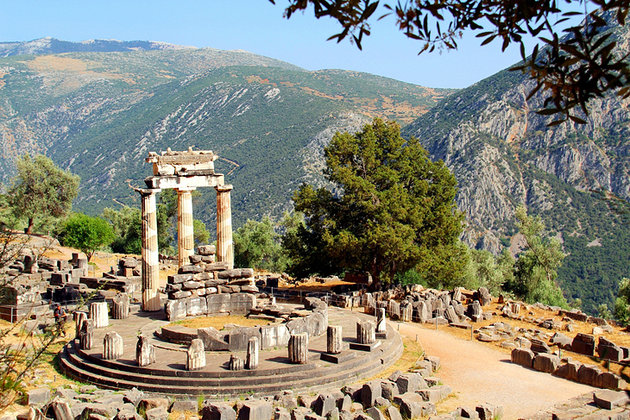Happy Orthodox Easter!

Part of the Christian world is already done celebrating Easter for this year. But this weekend, we are preparing to wish you a Happy Orthodox Easter! Here are some interesting facts about the traditions and celebration of the Resurrection of Christ interpreted in the Orthodox rite.
Among the countries whose official religion in Orthodox Christianity, we count Greece, Cyprus, Russia, Romania, Moldova, Bulgaria, Ukraine, Serbia and Georgia. There are many Orthodox Christians also in Albania, Lebanon, Estonia and Latvia.
The Orthodox and Catholic churches derive from the same Mother-Church. They only split officially in 1054 (a year that marks the Great Schism between the East and West – or well, at least between the Eastern and the Western churches). Of course, the two Churches have more similarities than differences, but among the few differences between them, there is the changing date of the Easter. The convention that Easter should be celebrated on the first Sunday after the vernal equinox is quite univocal. The problem is that the Western (Catholic) Church uses the Gregorian calendar, while the Eastern (Orthodox) Church uses the older, Julian calendar.
Red boiled eggs are eaten during the Orthodox Easter. The eggs represent Jesus’ tomb and the color red symbolizes the blood of the Redeemer.
The entire Easter season in the Orthodox tradition lasts for a hundred days. The first half is spent in fasting and reflection, while the following 50 days are dedicated to rejoicing after the Resurrection and consolidating the faith in Jesus.
In Greece, for instance, as in the rest of the Orthodox countries, the Holy Week brings about a truly unique religious experience, with strong feelings and believers going to church every day. Greece has a strong bond with its Orthodox Church and a visit there will be a truly rewarding chance to visit many of the greatest landmarks of the Eastern Church. With Thessaloniki airport transfers, you can visit a region that was mentioned in the Bible and learn more about its culture.





